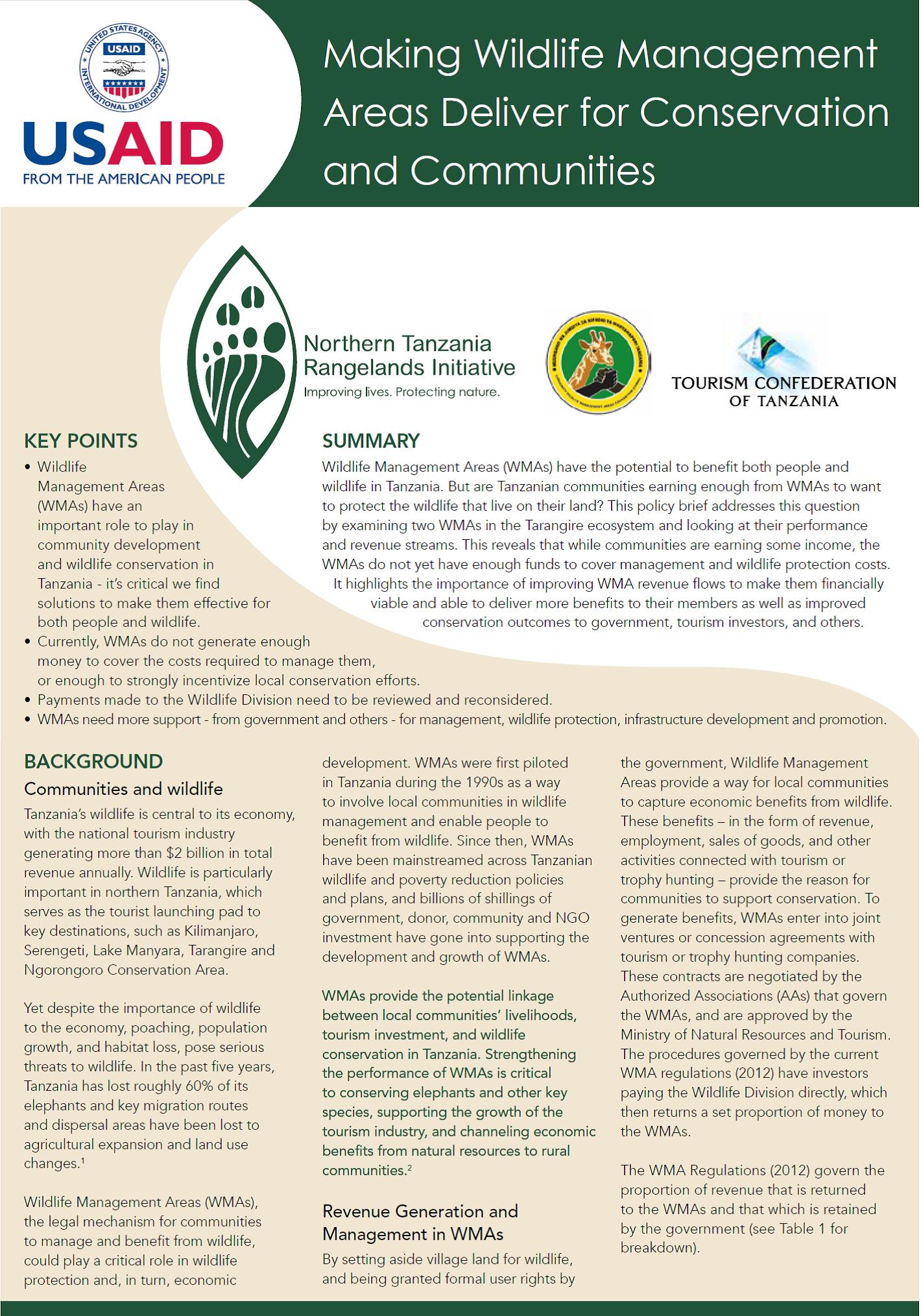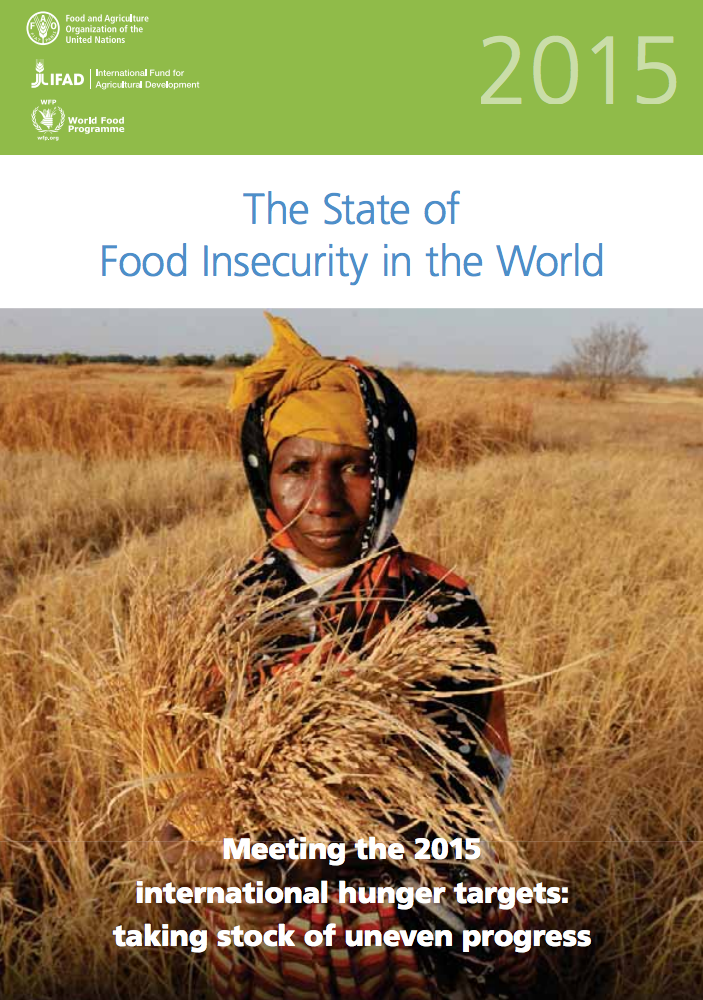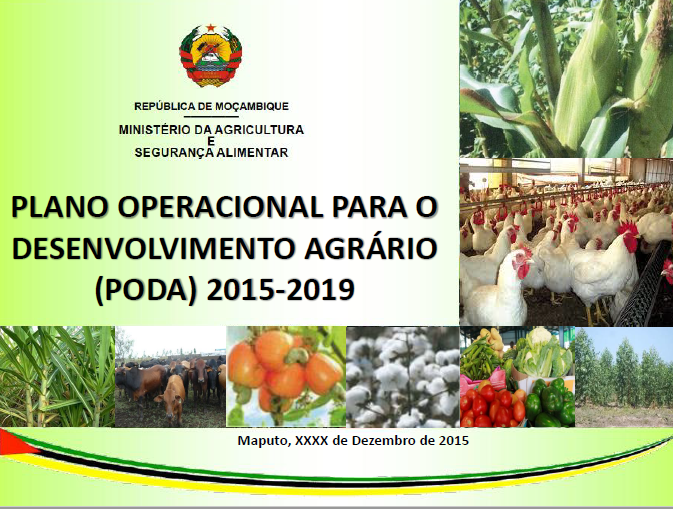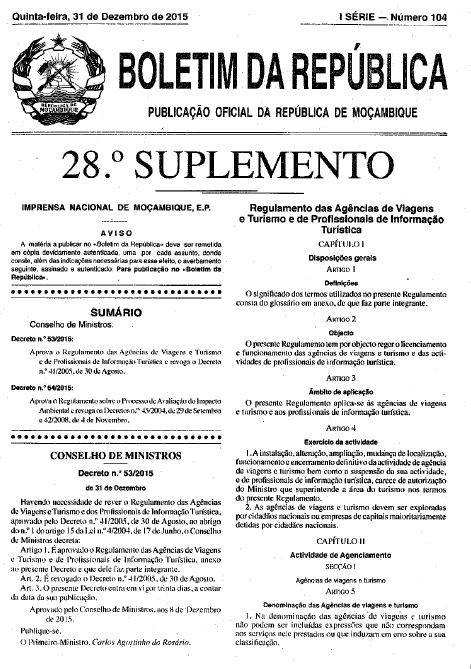Wettelijke normen ten aanzien van bodem en gewas in relatie tot de KringloopWijze
Om landbouwkundige en milieukundige prestaties van bedrijven te beoordelen, kan het nuttig zijn om prestaties te spiegelen aan normen. Eén van de normen die hiervoor gebruikt kan worden, zijn de normen (opbrengsten, afvoeren, bodemoverschotten, benuttingen) die behoren bij een bedrijf dat de wettelijke toegestane (kunst)mestgiften (‘gebruiksnormen’) maximaal opvult. Dit type normen kan modelmatig geschat worden. Een voorbeeld van een daarvoor geschikt model is het WOD-model.







